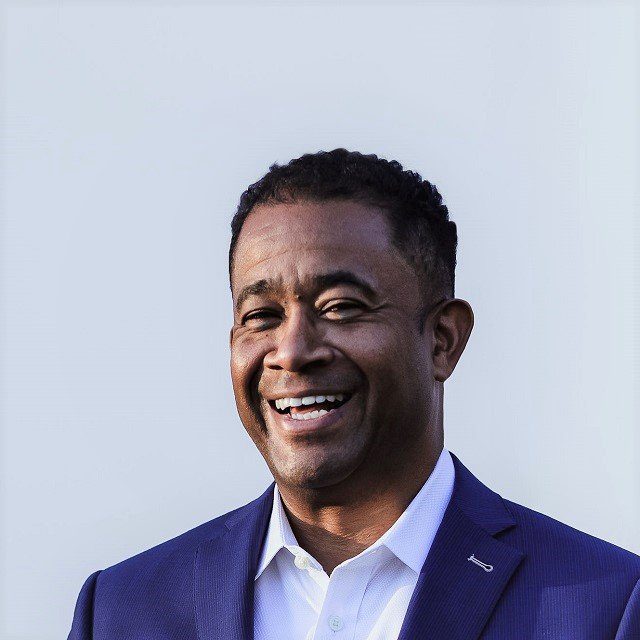Clients Need Help With This One Powerful Threat: Martin Powell

What You Need to Know
Clients are learning how they really react to volatility.
Powell thinks an annuity safety net might help with that.
Another focus: Increasing advisor, and client, diversity.
Martin Powell wants to keep short-term fears about market ups and downs from ruining Americans’ long-term retirement savings strategies.
Powell is head of annuity distribution at CUNA Mutual Group, a Madison, Wisconsin-based mutual insurer that has about $44 billion in assets.
He earned a bachelor’s degree in economics and statistics from Rutgers University and a master’s degree in business from Drexel University. While he was at Rutgers, he helped the school work with Verizon to develop a series of management and planning extension courses.
He started out as a financial advisor at MetLife, then worked in telecommunications before returning to financial services, at Lincoln Financial Distributors, in 2007.
He took over as the leader of CUNA Mutual’s annuity distribution team in 2017.
We asked Powell, via email, about volatility, diversity and the future of annuities.
THINKADVISOR: What took up the most time and energy last year, and what did you learn from that?
MARTIN POWELL: The annuities market has seen record growth in the past year, which has been very exciting for our industry.
According to LIMRA, registered index-linked annuity (RILA) sales broke records in the fourth quarter of 2021 and for the year. Fourth quarter RILA sales were $10.3 billion, 22% higher than the prior year. In 2021, RILA sales were $38.7 billion, 61% higher than in 2020.
Much of this growth could in large part be driven by a desire to curb strong emotional reactions from investors, fueled by fears of high inflation and market uncertainty. The pandemic and recent geopolitical turbulence have served as a wake-up call for those who previously hadn’t considered safety nets in their retirement planning.
I’ve long been interested in how analyzing common financial behaviors can teach us to better serve our clients.
We’ve started to put a larger emphasis on designing our clients’ financial plans based on their risk tolerance and personal goals. One of the initiatives we have implemented is certifying all our wholesalers and sales leaders as Behavioral Financial Advisors (BFAs).
Advisors often need help with managing their clients’ emotions [while] at the same time providing them with rational financial advice during extreme market volatility. We have armed our team to coach and train our advisors to respond to the challenges that clients are rarely emotionally equipped for through the market up and downs.
One of the exercises is a value cards exercise that helps advisors align clients’ “real behavior” with their “ideal values.”
What are you focusing on the most right now?
Right now, I’m really focusing on making the financial services industry more accessible for historically marginalized communities. This includes increasing both diversity in the workforce and making financial planning resources more obtainable for all Americans.
To do this, our Multicultural Center of Excellence helps research how to best reach underserved consumers and we partner with historically Black colleges and Hispanic serving institutions to increase awareness of CUNA Mutual Group as a potential employer of choice.
I strongly believe that recruiting a diverse set of wholesalers is critical if we are to better serve our increasingly diverse customer base.
Personally, I’m a member of the Association for Wholesaling Diversity which seeks to mentor, recruit and grow the number of African American Wholesalers in the financial services industry.
I’m also an active spokesperson for the Coalition for Equity in Wholesaling, which seeks to bring firms together to support diversity, equity and inclusion across the insurance industry.




